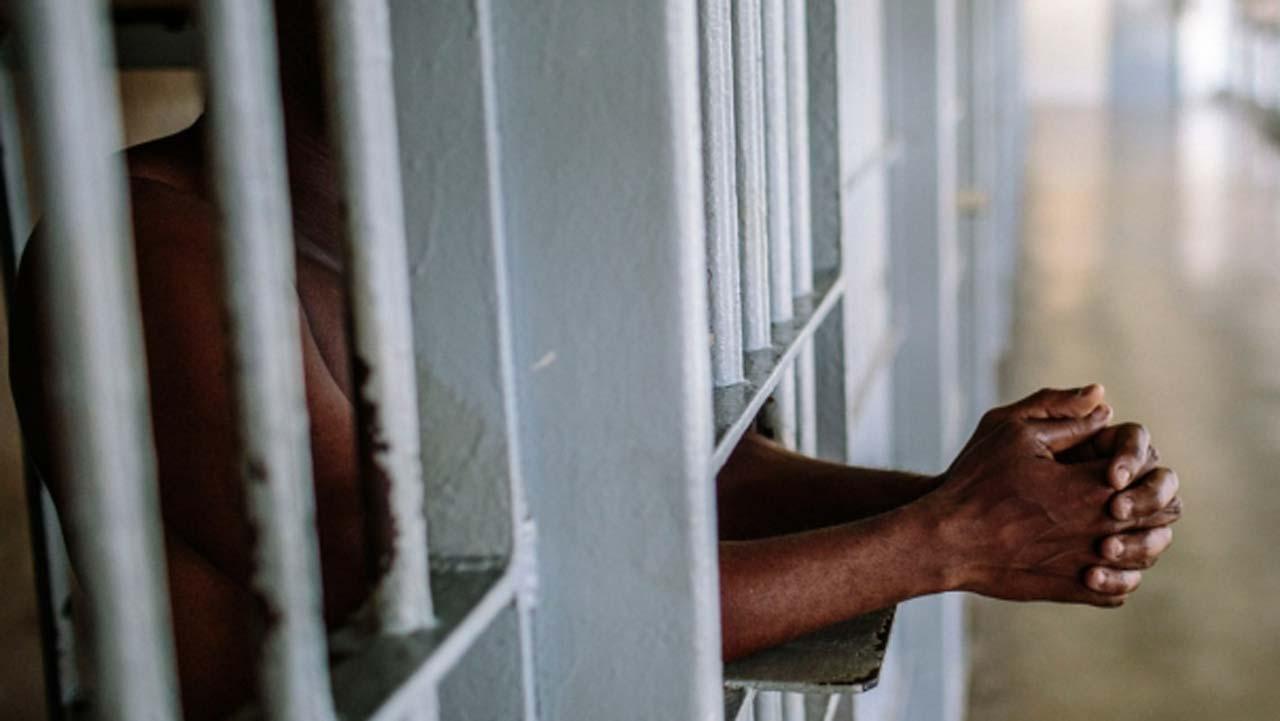
No fewer than 882 inmates were freed from different custodial centres in Nigeria between January and March 2024, Sunday PUNCH learnt.
According to the latest summary of inmate population on the website of the Nigerian Correctional Service, the total inmate population was 78,519, out of which 54,067 inmates are awaiting trial and 24,452 are convicted.
In the spirit of the New Year, the governors of Benue, Nasarawa, Gombe, and Taraba states, granted amnesty to 96 inmates serving various jail terms in different custodial centres.
Benue Governor, Rev Fr Hyacinth Alia, granted pardon to 12 inmates at the correctional centre in the state.
Also, the Nasarawa State Governor, Abdullahi Sule, pardoned 14 inmates.
In Gombe State, 39 inmates were also granted clemency by Governor Inuwa Yahaya.
Similarly, Governor Agbu Kefas of Taraba State, on Monday, announced clemency for 31 deserving inmates.
On March 19, it was reported that a Non-Governmental Organisation, Headford Foundation, facilitated the release of 628 wrongfully detained inmates in the past five years. The inmates were released from custodian centres in Lagos, Ekiti, Delta, Ogun, and Rivers states.
On March 20, the Chief Judge of Oyo State, Justice Iyabo Yerima, granted amnesty to 38 inmates at the Oyo Medium Security Custodial Centre, Abolongo, Oyo town.
On March 22, Bauchi State Governor, Bala Mohammed, freed 96 inmates.
Similarly, on March 22, the Chief Judge of Rivers State, Justice Simeon Chibuzor-Amadi, freed 24 inmates from the Port Harcourt Maximum Custodial Centre.
Speaking with Sunday PUNCH, the spokesperson, Nigeria Correctional Service, Federal Capital Territory Command, Adamu Duza noted, “Pardon is exercised by the executive like the Presidents and state Governors. It is also exercised by Chief Justices. The aim is not to free a criminal but to decongest the custodial centre.
“It is carried out after due diligence, to free those who have no business being in custody in the first place.”
A security expert and Managing Director of Beacon Consulting Limited, Kabir Adamu, advised that there should be “checks and balances so that the objectives of pardoning inmates are not abused.”











